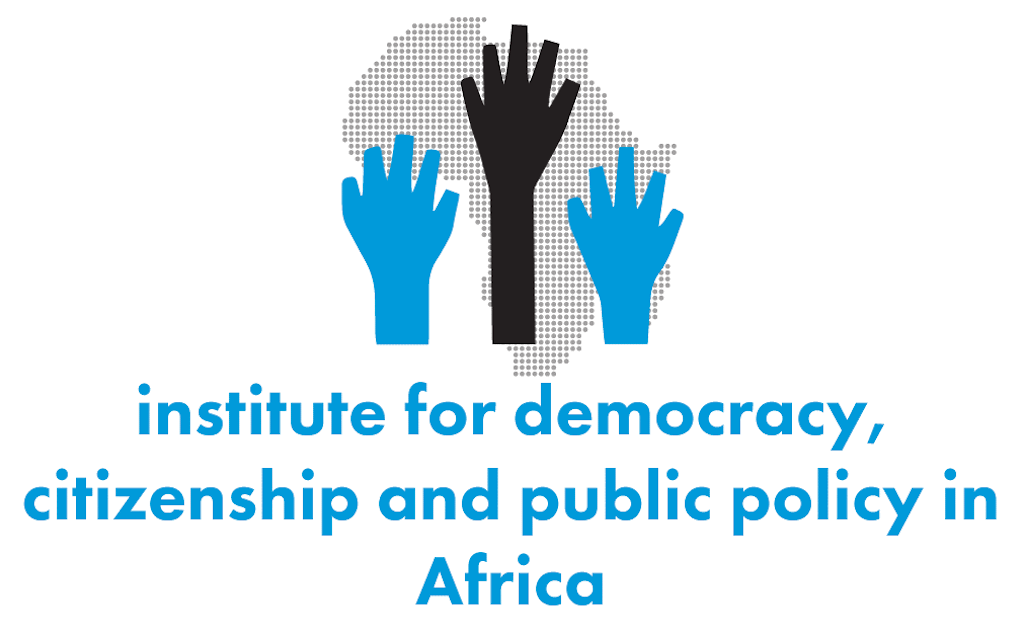Working paper number: 35
Author: Lena Gronbach, Jeremy Seekings and Winnie Arthur
Unit: IDCPPA
Abstract:
Governments across Southern Africa responded to Covid-19 in both similar and contrasting ways. Most governments rapidly imposed lockdowns, but the severity and duration of these varied. Many governments introduced emergency social protection measures, but these varied in terms of reach, generosity and form.
The government of Botswana’s social protection response reflected its historic acknowledgement of responsibility for the mitigation of poverty – through feeding schemes rather than cash transfers – as well as its concern for the welfare of the urban middle and working classes.
Having imposed a lockdown, the Government introduced temporary but substantial wage subsidies, which might be considered a form of short-term unemployment insurance benefitting the minority of the population in formal employment in the private sector.
The Government distributed substantial food baskets to the poorer majority of the population. This wide and impressively prompt distribution of food parcels in Botswana contrasted starkly with the failure of the South African state to distribute food at the same time.
This achievement was offset, however, by the suspension of some existing feeding schemes. The volume of food distributed did not suffice to meet the additional need. Moreover, Botswana’s workfare programme was also disrupted by the lockdowns.
Unlike in South Africa, the government of Botswana did not supplement its existing cash transfer programmes or introduce a new emergency cash transfer scheme (except, on a very small scale, for informal business owners).
This does not mean that there was no discussion of social protection policy reform during the pandemic. On the contrary, Botswana was awash with proposals for reform, some of which predated the pandemic, whilst others emerged in part in response to the emergency. Various suggestions emanated from international agencies interacting with one or other government ministry.
Overall, the Covid-19 pandemic affected neither the direction nor pace of social protection reform in Botswana. It seems that no prominent member of the Government championed the expansion of social protection, whilst neither opposition parties nor civil society exerted significant pressure for major reform. International agencies’ lobbying for reform proved ineffective.
Underlying this is the enduring and widespread commitment within Botswana to the norms and values that underpin Botswana’s existing, conservative system of social protection. These rest, above all, on the idea that assistance from the state should be linked, wherever possible, to the goal of people achieving self-reliance through productive work, and thereby being able to fulfil their responsibilities to wider society. These norms and values rendered the government of Botswana unable to respond more fully to the shock of the Covid-19 lockdown. Rather than expand its social protection system in novel ways, the Government preferred to ease the lockdown in order to return quickly to ‘normality’.
The case of Botswana shows that even social protection systems designed to respond to some shocks may not be able to respond to other shocks. A drought- responsive system may not exhibit the flexibility required to respond to a pandemic-related lockdown.
Publication file: IDCPPA.WP35.GronbachSeekingsArthur.pdf
